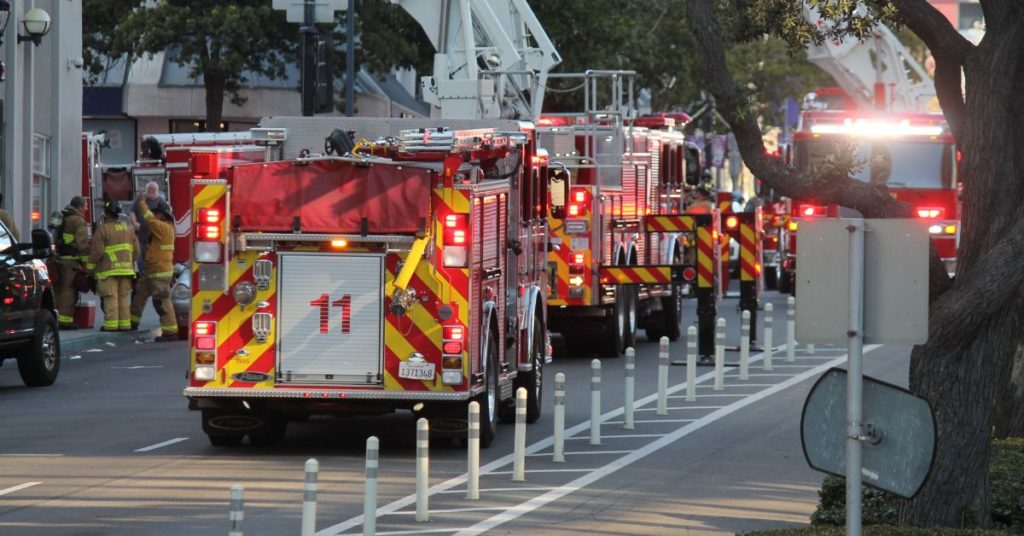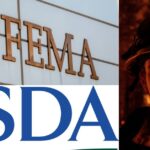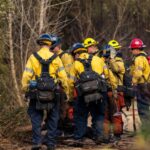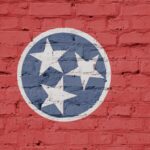Election season means referendum season. While general election days have wider turnout, state and local election days in the runup to November also provide the opportunity to appeal to the public for pro-fire ballot measures. Below are four which occurred in recent local elections asking voters to increase funding for local fire services. The results of the first two have yet to be determined at the time of this writing, while the last two were passed.
Hinckley Township, OH
The future of the Hinckley Township Fire Department’s EMS service depends on the outcome of this ballot measure, expected to be voted on sometime in August 2022. The township’s trustees will first decide how the service ought to be staffed, and then voters will have to vote on renewing a $1 million levy set to expire this year. This comes after a May 10th trustee meeting in which the possibility of outsourcing the service was proposed to cut costs, according to a report on ScripType Publishing. The department is currently staffed as an all-volunteer unit. Staff are called volunteers because they do not work full time, however, are paid for their services.
The Hinckley Firefighters Association issued a rare public statement implicitly supporting the passage of a new levy to avoid the dangers associated with outsourcing EMS services:
“Having a paramedic respond to a medical emergency greatly increases the chance of survival and allows for advanced life support. Bordering communities including Brunswick, Brunswick Hills, North Royalton, Broadview Heights, Strongsville and Richfield Fire Departments staff with paramedics at all times with three EMS members. Having only two fire fighters denies additional treatment for critical patients since one fire fighter must drive the ambulance to the hospital. We do not like making public statements but when the safety of residents is in jeopardy, we find it a necessity to inform all residents of the ongoing problem.“
Kenosha, WI
This ballot measure is asking voters to legally increase levy charges beyond the state limit beginning in 2023. According to Kenosha News:
“The current levy limit is 2.654%, or $75,763,738. Kenosha Mayor John Antaramian wants it increased to 3.3%, which would increase the levy by $2.5 million for a total of $78,263,738.
If the referendum is approved, the owner of a $200,000 home would pay roughly an additional $5.50 per month, or $66 a year.“
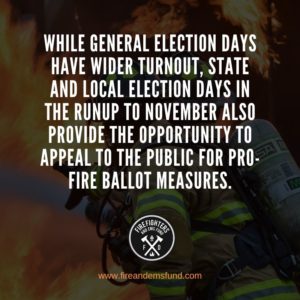
The levy is advertised as an opportunity to hire additional emergency service workers, including up to six additional firefighters/EMTs, according to city officials.
Interim Fire Chief Christopher Bigley supports the levy, noting “In the last 21 years we’ve had a 47% increase in call volume, and we really have not had change in our minimum staffing and our people and our rigs.”
Spokane, WA
This proposed ballot measure in Spokane Valley Fire District was voted on and approved by voters on August 2nd.
Fire Chief Frank Soto supported the levy, citing double digit year-over-year call volume increases, the need to train more personnel to be paramedics, and replacing aging equipment.
“The Spokane Valley Fire Department received…support to raise its levy back at the cap of $1.50 per $1,000 of property value. An owner of a property valued at $400,000 will pay $600 a year for the general fire tax.
Spokane Valley Fire Department Chief Frank Soto Jr. said the proposal would then lower the special maintenance and operation tax from $1.66 to 66 cents.“
The levy passed with 54% approval.
Wenatchee Valley, WA
This ballot measure, spearheaded by Fire Chief Brian Brett, asked voters to merge two fire districts, Chelan County and Douglas County, into one. It also asked them to increase a property tax levy to help meet costs.
According to KBQ 560 Newsradio:
“The rate increase would bring the two districts’ levy rate to $1.50 per $1,000 of assessed property value. Chelan County 1 residents would see an increase of about $8.50 per month, while Douglas County 2 residents be about $10 per month.“
Inflation and understaffing are two critical issues hitting the fire services in this area. Chief Brett argued that the only alternative to providing more funding would be to cut services under existing revenues. Additional funding is needed to meet state standards of three people per fire engine. Even with the levy increase, the department would only be able to guarantee two per engine but could likely fill the void with volunteers.
Chief Brett made his case, stating:
“The third person is critical for us because Washington State gives us an exemption that if we show up at your house with three people, and you tell me your child is inside the house, we can initiate a rescue legally right then and there…With two people…you have to wait for the next engine to arrive.“
Ultimately, voters in both districts approved the measure, according to results posted on August 3rd.
Image Credit: Photo by Joao Vincient Lewis on Unsplash

